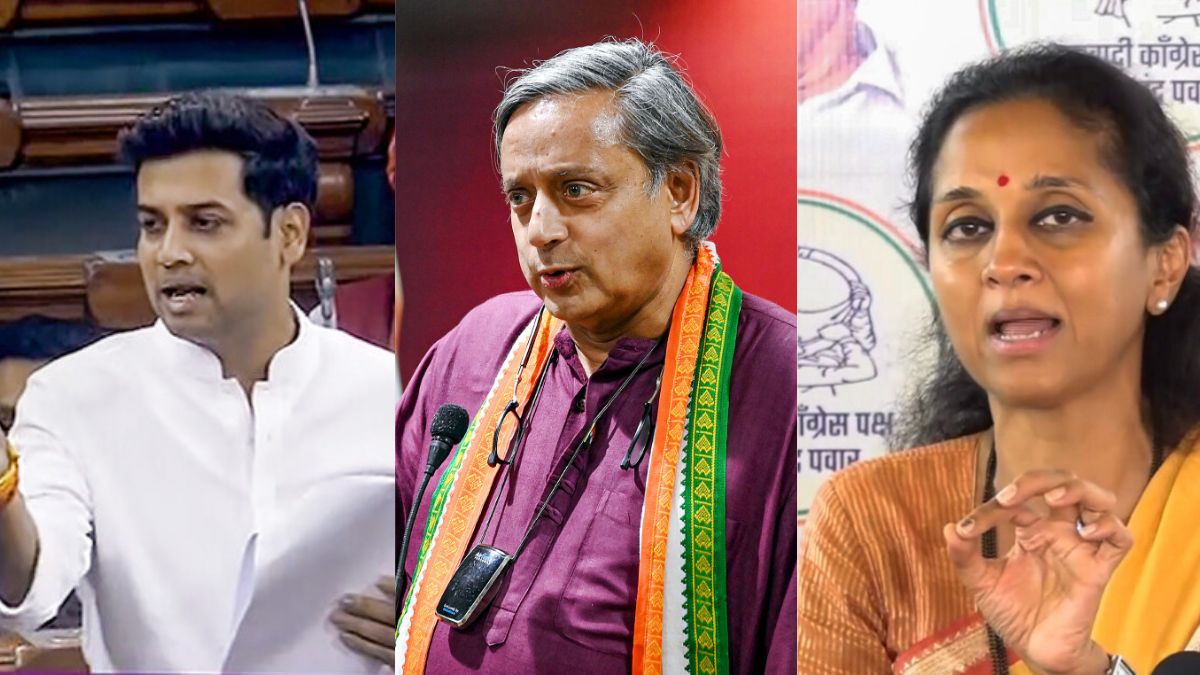

In a significant diplomatic push, three all-party delegations are departing today to engage with key nations across the globe. The mission is multifaceted: to expose Pakistan's role in fostering terrorism, to explain India's stance on Operation Sindoor, and to address the complexities surrounding the Indus Waters Treaty (IWT). This initiative comes in the wake of heightened tensions between India and Pakistan, particularly following the terrorist attack in Pahalgam and India's subsequent military response, Operation Sindoor.
The delegations, comprised of prominent political leaders and parliamentarians, will visit a total of 32 countries to convey India's unwavering stance against terrorism and to highlight the evidence linking terror activities, directly and indirectly, to Pakistan. Foreign Secretary Vikram Misri briefed the delegations, emphasizing the need to dispel misinformation spread by Pakistan and to articulate India's "new normal" in dealing with cross-border terrorism.
Operation Sindoor, launched on May 7, 2025, was a targeted military operation against terrorist infrastructure in Pakistan and Pakistan-occupied Kashmir. This operation was a direct response to the deadly Pahalgam terror attack on April 22, 2025, in which 26 people were killed. India has maintained that the operation was focused, measured, and non-escalatory, with deliberate efforts to avoid targeting civilian or military facilities. The delegations will emphasize that Operation Sindoor targeted terror sites and not civilians or military establishments. They will address Pakistan's counter strikes. India's message is one of zero tolerance towards terrorism, making it clear that such acts will be met with decisive action.
A key aspect of the diplomatic outreach is to explain India's decision to place the Indus Waters Treaty in "abeyance." The IWT, brokered by the World Bank in 1960, has been a cornerstone of water sharing between the two countries. The treaty allocates the waters of the eastern rivers (Sutlej, Beas, and Ravi) to India and the western rivers (Indus, Jhelum, and Chenab) to Pakistan.
However, India has expressed concerns that the treaty was negotiated under the assumption of good neighborliness, an assumption that has been undermined by Pakistan's persistent support for cross-border terrorism. Foreign Secretary Misri clarified that the decision regarding the IWT was not a knee-jerk reaction but a carefully considered response to the changed circumstances. India has long held the position that Pakistan's support of terrorism has interfered with India's ability to utilize the treaty as per its provisions. The treaty has faced increasing strain due to climate change and the need to re-evaluate the technical designs of dams and other projects. India has asserted that the suspension will remain in effect until Pakistan credibly ends its support for cross-border terrorism.
The delegations will also address Pakistan's attempts to portray itself as a victim of terrorism and to equate itself with India in the international community. They will highlight India's long-standing democratic traditions and contrast them with Pakistan's history of supporting terror groups.
The composition of the delegations reflects a national consensus on the issue of terrorism and the need for a firm response. By engaging with governments, think tanks, academics, journalists, and civil society, the delegations aim to build international support for India's stance and to isolate Pakistan for its continued support of terrorism.